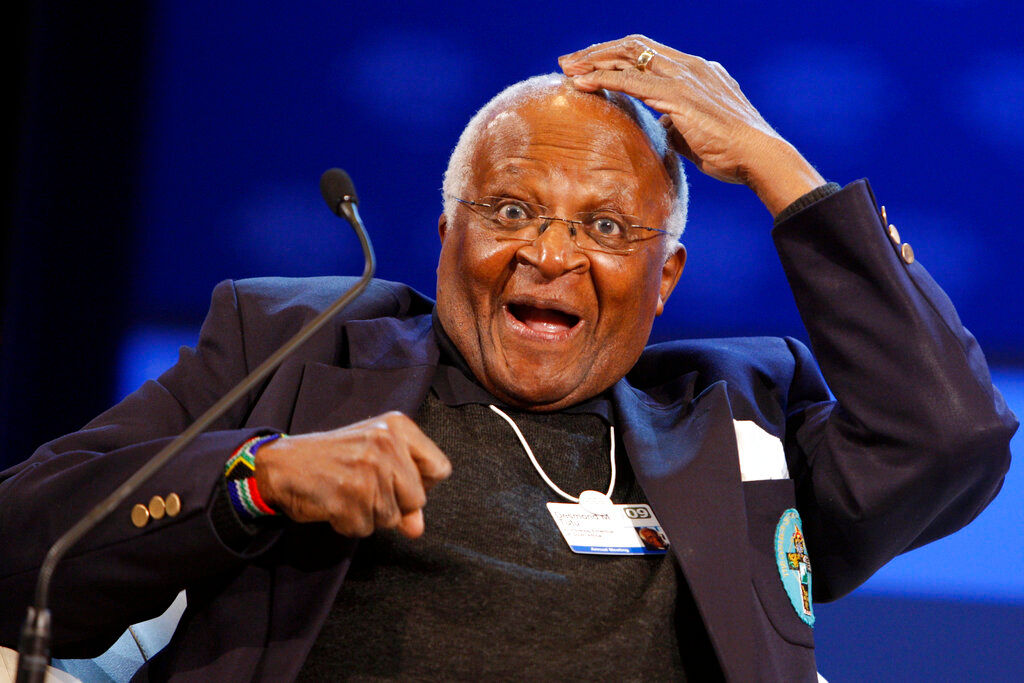Desmond Tutu, famous for his anti-apartheid activism, died at the age of 90. This makes it a fitting time to look back on Tutu’s contributions to global thought, and African society. One can do this by examining ubuntu, the Southern African term for humaneness, used to encompass sub-Saharan moral goals.
Tutu had summed up the ethic, as ‘I participate, I share’ in his book ‘No Future without Forgiveness’. He explains the ubuntu ethic further as ‘A person is a person through other persons’, which roughly conveys the idea that one should strive to be a genuine person and achieve their higher nature, to exhibit ubuntu.
Applying ubuntu to critique apartheid
Tutu had famously used ubuntu to form his views of South African society and is largely responsible for making the term familiar to a host of politicians and activists. He criticized the National Party, known for formalizing the apartheid, saying they promoted disharmony or discord.
Also Read | 1st Test: SA, India observe moment’s silence in honour of Desmond Tutu
Since the apartheid believed in the active superiority of one race, and in harming what was deemed to be a subordinate race, Tutu found the experience made people ‘less human’, as detailed in the aforementioned book. He also went by the ubuntu code in supporting the South African democratic government’s decision to treat political crimes of the apartheid era by seeking restorative rather than retributive justice.
With his belief that social harmony is the greatest good, Tutu argued that establishing a harmonious relationship with wrongdoers was a step in the right direction.
Also Read | Who is Nomalizo Leah Tutu, wife of Desmond Tutu?
Criticism of Tutu’s ubuntu
While Tutu faced some criticism for his ubuntu principles, where many believed that white wrongdoers of the apartheid era walked away without consequences, this is mostly misplaced. He clearly stated in his book “Unless there is real material transformation in the lives of those who have been apartheid’s victims, we might just as well kiss reconciliation goodbye. It just won’t happen without some reparation.”
Forgotten lesson from Tutu
While some of Tutu’s ideas have been massively influential globally, his rejection of the Western idea of human autonomy, favouring it for interdependence, never quite caught on.
Also Read | From priesthood to championing equality: Key moments of Desmond Tutu’s life
However, the activist echoed the African relational ideation of human dignity, cementing its position in the human ability to share with each other, participate, and feel vulnerable.
Also Read | World mourns death of Archbishop Desmond Tutu, read reactions pouring in
In an increased push towards individualistic isolation in the postmodern world, Desmond Tutu’s idea could benefit those outside the sub-Sahara and therefore detached from the scope of his philosophy.







